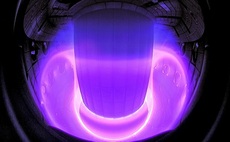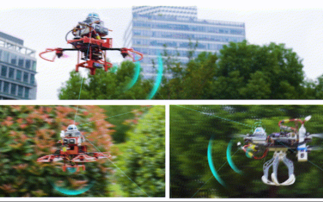Michael Dell accuses activist shareholder Carl Icahn of 'opportunism'
Dell CEO Michael Dell has said that his slightly improved offer for the company he founded in 1984 is his "best and final offer". In an interview with Bloomberg, he claimed that taking the compa...
To continue reading this article...
Join Computing
- Unlimited access to real-time news, analysis and opinion from the technology industry
- Receive important and breaking news in our daily newsletter
- Be the first to hear about our events and awards programmes
- Join live member only interviews with IT leaders at the ‘IT Lounge’; your chance to ask your burning tech questions and have them answered
- Access to the Computing Delta hub providing market intelligence and research
- Receive our members-only newsletter with exclusive opinion pieces from senior IT Leaders




















